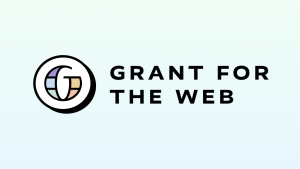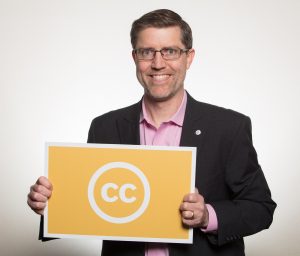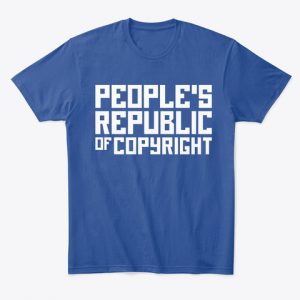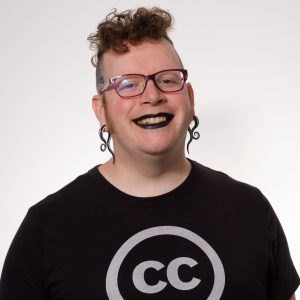Documentary “The Long Road to the Hall of Fame” Available Under CC License
jeudi 19 septembre 2019 à 17:44In 2016, Creative Commons launched a small grant program called “The Awesome Fund.” In total, 19 grants funded a wide range of creative projects led by members of the CC network.
The Long Road to the Hall of Fame
One of the grant recipients was Réda Zine, an author, director, and producer based in Italy. Zine used the grant to help complete his feature length documentary, The Long Road to the Hall of Fame, which tells the story of Tony King (a.k.a. Malik Farrakhan).
Tony King is a former National Football League player, model, and actor—he appeared in films such as Shaft and Gordon’s War. In the 1980s, however, King transitioned from actor to political activist by joining the Nation of Islam and changing his name to Malik Farrakhan. Eventually, he became chief of security for the hip-hop group Public Enemy.
By documenting the life and work of Tony King (a.k.a. Malik Farrakhan), the film explores how King’s life “is a parable spanning the last 40 years of African-American history.”
Released under CC BY-NC, you can now watch the full documentary on Vimeo.
The post Documentary “The Long Road to the Hall of Fame” Available Under CC License appeared first on Creative Commons.



 (@ryanmerkley)
(@ryanmerkley) 

